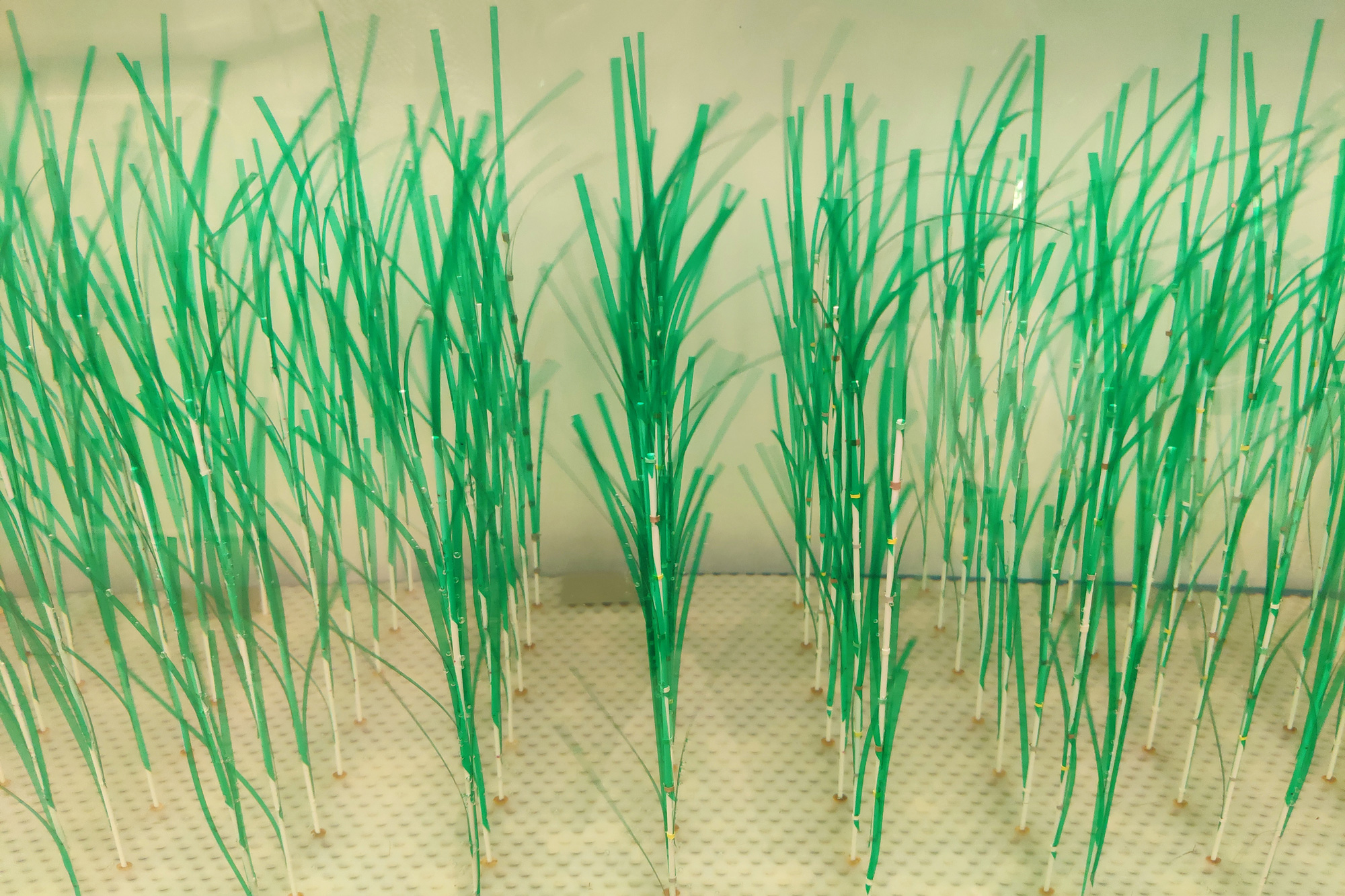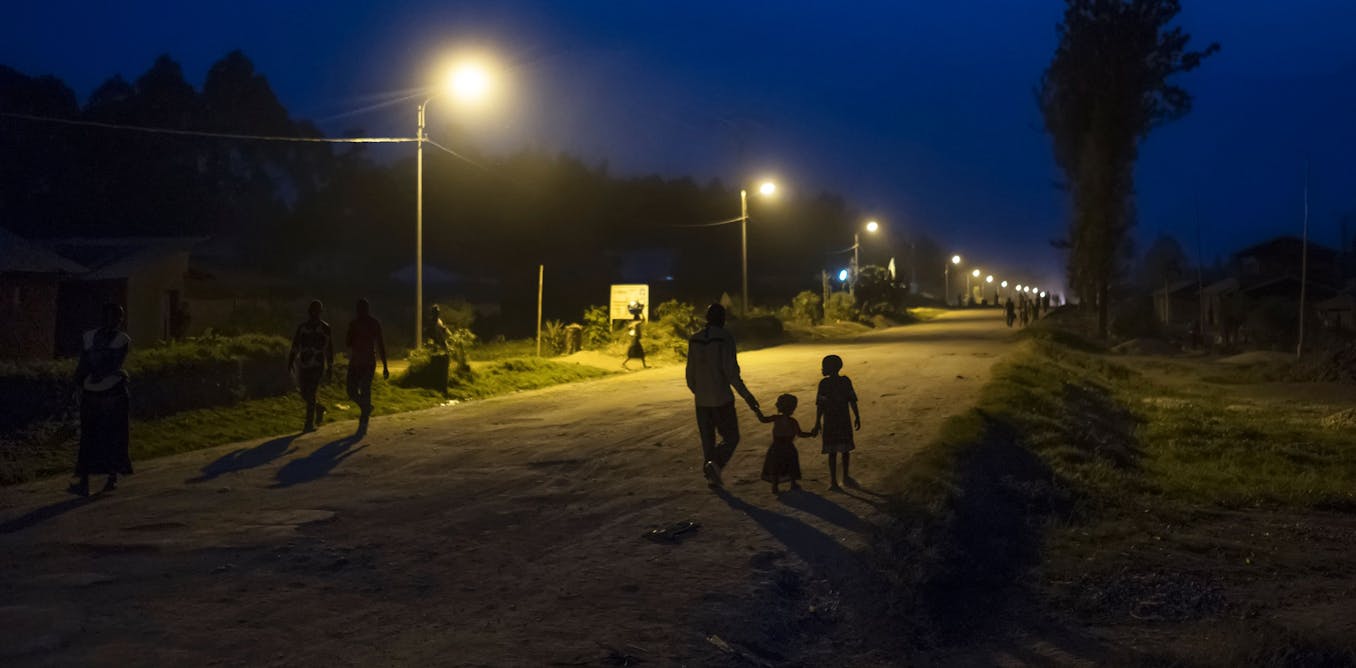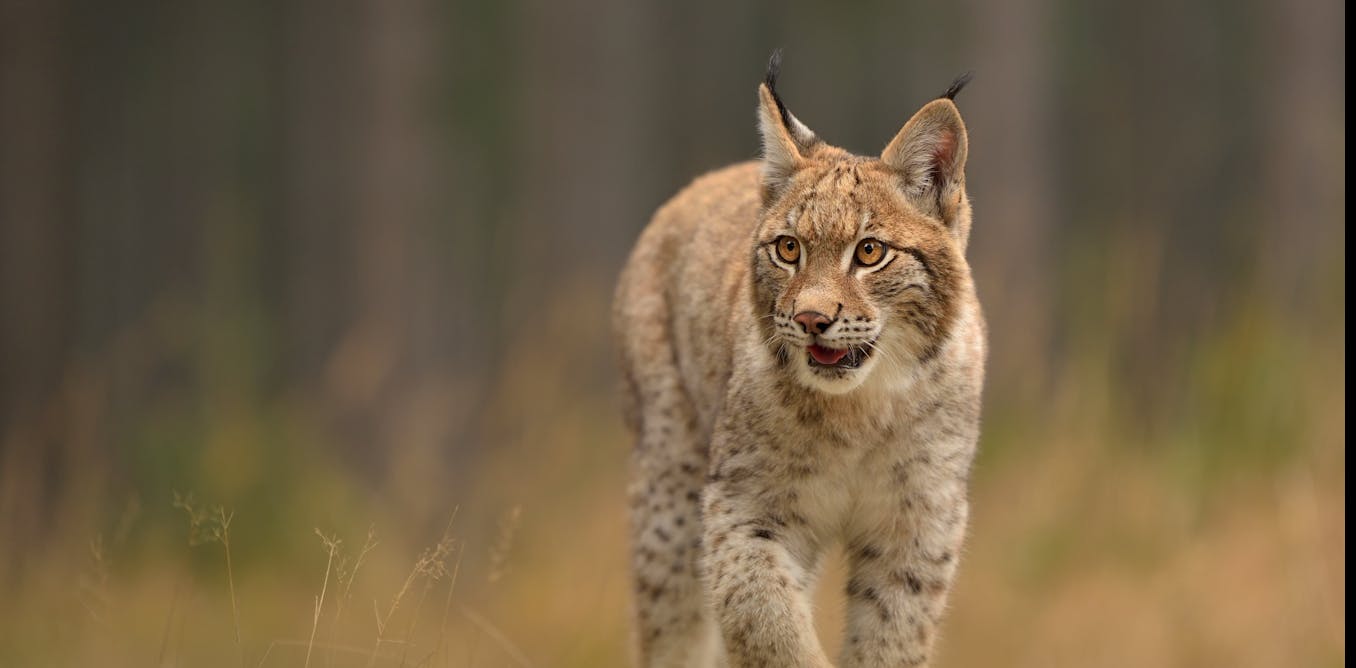Cities worldwide aren't adapting to climate change quickly enough
More than half of the world’s population lives in cities, and that share is growing. Rapid climate change could make many cities unlivable in the coming decades without major investments to adapt.
Oct. 20, 2021 • ~9 min










